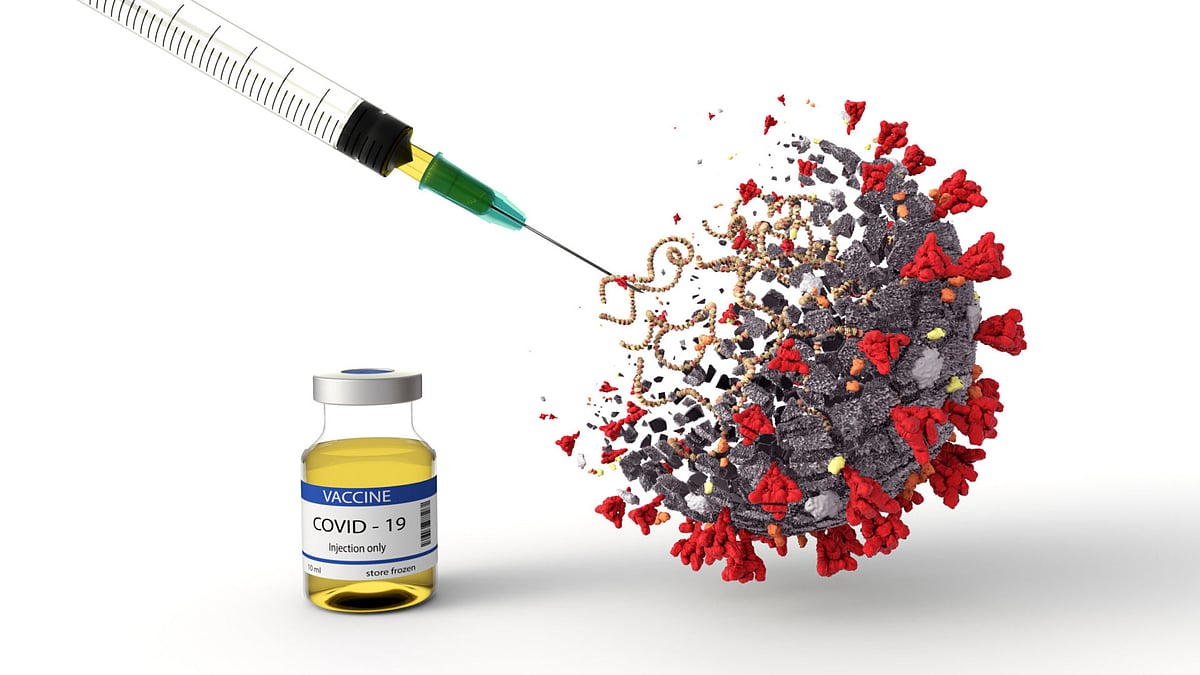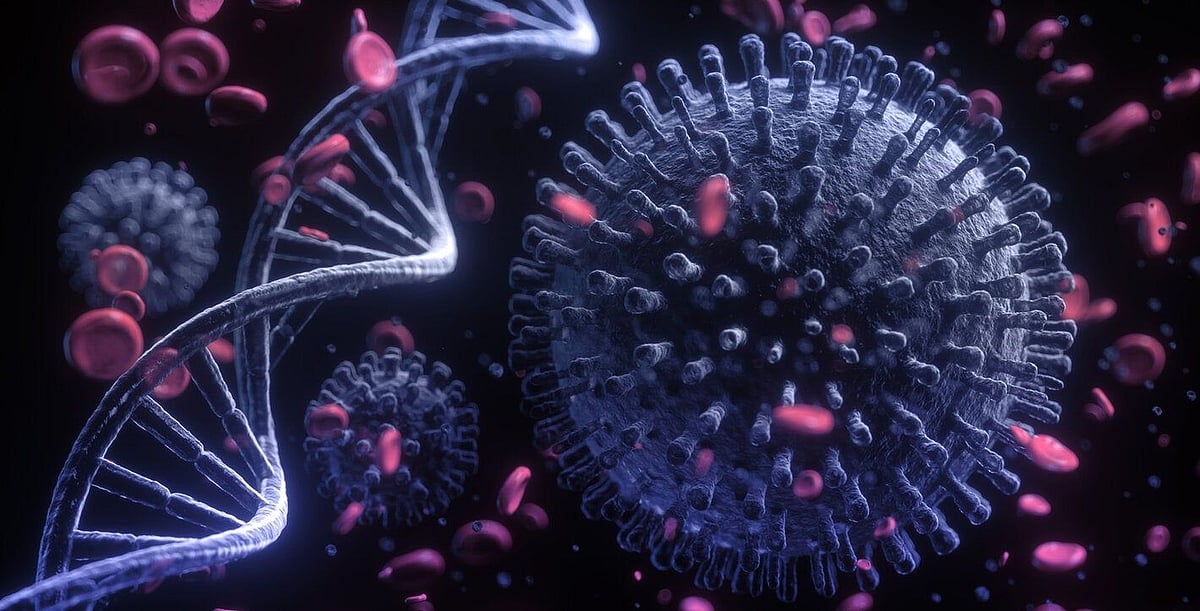London: While most people have been affected by Covid-19 infections, some have naturally resisted the infectious disease, despite clearly being exposed to the virus.
According to researchers at the University College London, understanding this mechanism of resistance can lead to the development of universal vaccines against the debilitating virus, the BBC reported.
In the study published in the journal Nature, the team closely monitored hospital staff during the first wave of the pandemic -- including by taking regular blood samples.
The results showed one-in-10 had signs of being exposed, but never had symptoms, never tested positive, and never developed Covid-fighting antibodies in their blood.
This Covid-immunity likely came from the body learning how to fight viruses. Part of their immune system was able to get on top of the virus before it managed to take hold -- what's known as an "abortive infection", the team said.
Blood samples showed these people already had (as in before the pandemic) protective T-cells, which recognise and kill cells infected with Covid.
Their immune systems were already "poised" to fight the new disease, Dr Leo Swadling, one of the researchers was quoted as saying.
These T-cells were able to spot a different part of the virus than the bit most of the current vaccines train the immune system to find, the report said.
Vaccines are largely aimed at the spike protein, which covers the outer surface of the Covid virus. However, these rare T-cells were able to look inside the virus and find the proteins that are necessary for it to replicate.
"The healthcare workers that were able to control the virus before it was detectable were more likely to have these T-cells that recognise the internal machinery before the start of the pandemic," Swadling said.
These internal proteins are very similar in all related species of coronavirus, including the ones that are widespread and cause common cold symptoms. It means targeting these proteins with a vaccine could give some protection against all coronaviruses and new Covid variants.











